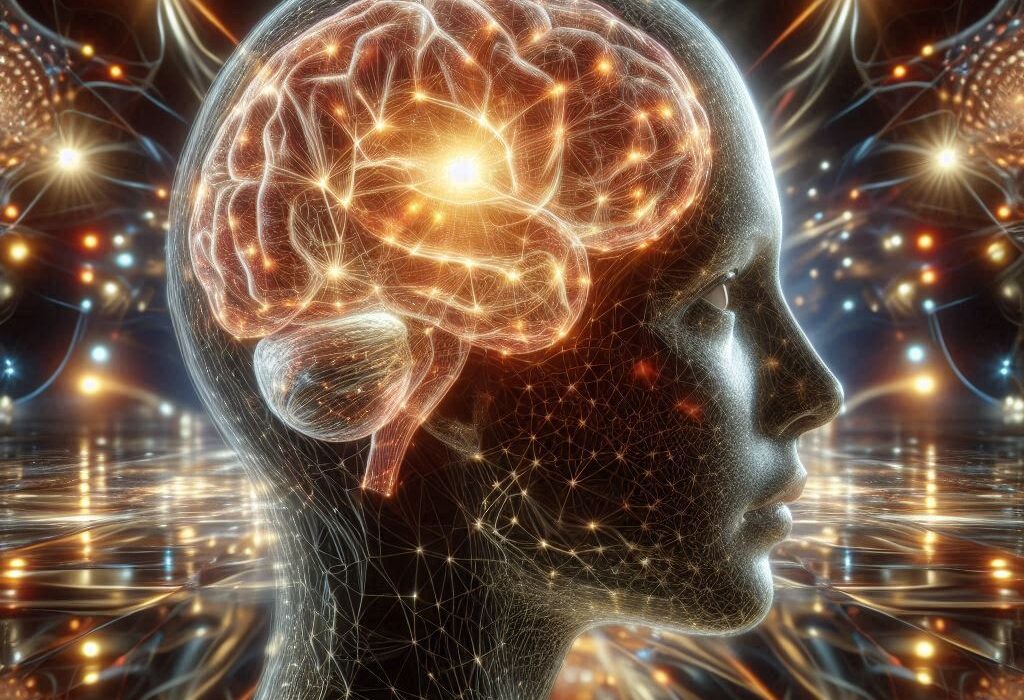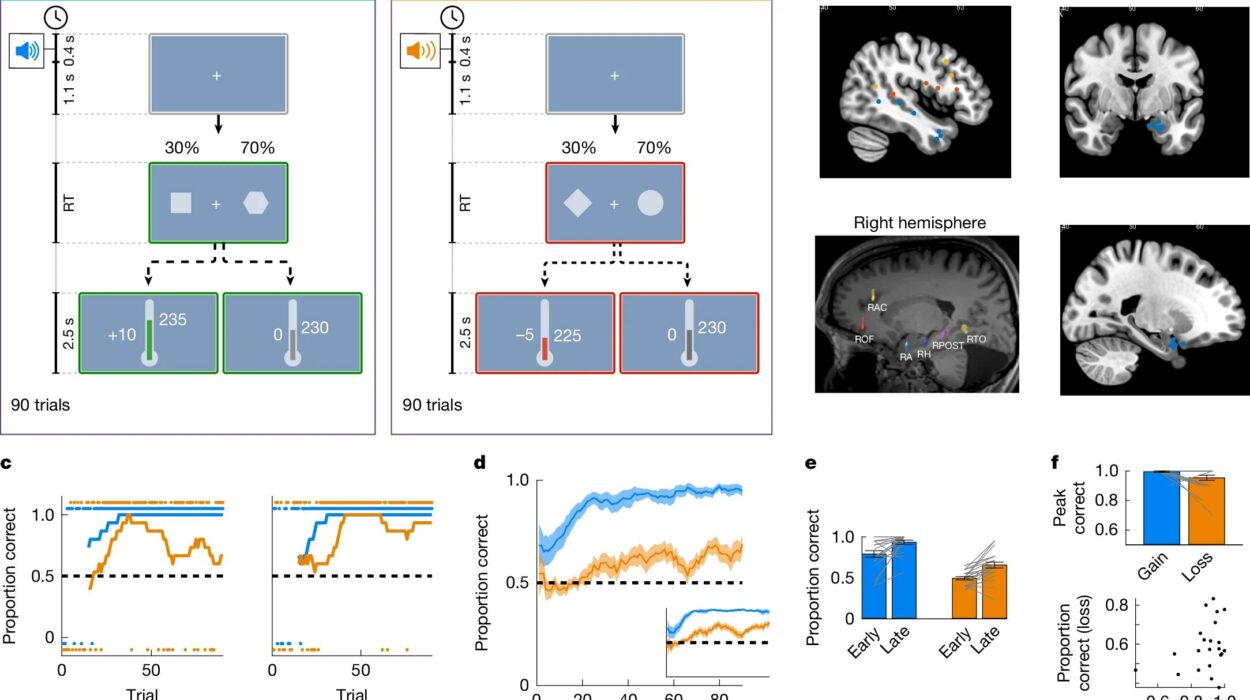Breakups are undeniably one of the most difficult experiences that many people go through in life. Whether it’s the end of a romantic relationship, the dissolution of a long-term partnership, or even the fading of a deep emotional connection, the pain and turmoil that accompany a breakup can feel overwhelming. There is no easy way to prepare for the emotional storm that often follows the end of a meaningful relationship, and the road to healing may seem long and uncertain.
Yet, despite how unique each relationship and breakup may feel, the truth is that breakups are a natural part of human experience. They serve as opportunities for growth and self-discovery, although this is not always immediately apparent. In fact, science has shown that the process of healing from a breakup is both complex and multifaceted, affecting our emotional, psychological, and even physical well-being. But with time, the right mindset, and a bit of support, healing is not only possible—it is inevitable.
This article will take you through the science of breakups, the emotional and physical effects of heartbreak, and most importantly, the ways in which you can heal and ultimately move forward. By understanding the psychological processes behind breakups, you will be better equipped to navigate the emotional rollercoaster and find peace and growth on the other side.
The Science of Love and Attachment: Why Breakups Hurt
To understand why breakups are so emotionally intense, it’s important to first explore the science behind love and attachment. Humans are wired to form deep emotional bonds with others. These bonds serve as the foundation for connection, intimacy, and support. The process of falling in love activates powerful chemicals in the brain, such as dopamine, oxytocin, and serotonin—neurotransmitters that are associated with feelings of pleasure, trust, and happiness.
Dopamine, often referred to as the “feel-good” neurotransmitter, is responsible for the pleasure we experience when we are with someone we love. It is activated during moments of connection, physical touch, or even just the thought of our partner. Oxytocin, often called the “bonding hormone,” plays a crucial role in strengthening emotional connections, promoting feelings of trust, and deepening the attachment we have to our significant others. Serotonin helps regulate mood and is associated with feelings of stability and well-being in relationships.
When a breakup occurs, the sudden absence of these positive emotions can feel jarring. In fact, the brain experiences a form of withdrawal similar to what is seen in addiction. The intense craving for the person and the overwhelming sadness are the result of the brain trying to adjust to the loss of those rewarding feelings. The emotional pain is not just a metaphor—there are physical changes happening in the brain. Functional MRI studies have shown that areas of the brain responsible for both physical pain and emotional pain (such as the anterior cingulate cortex and the insula) are activated during moments of heartbreak.
This physiological response to a breakup highlights the fact that emotional pain can feel just as real and intense as physical pain. It’s not something to be dismissed or downplayed. The pain is a product of our biological and psychological makeup, and it takes time to heal.
The Five Stages of Grief: Navigating the Emotional Journey
Though every breakup is unique, the emotional journey often follows a pattern. The psychologist Elisabeth Kübler-Ross introduced the five stages of grief in 1969 to describe how people experience loss. While these stages were originally developed to understand how people cope with death, they have since been applied to a wide range of losses, including the emotional loss of a relationship.
- Denial: In the early stages of a breakup, it’s common to experience a sense of disbelief. You may find yourself denying the reality of the situation, clinging to hope that things can be fixed or that your partner might come back. Denial is the mind’s way of protecting itself from overwhelming emotions, but it can also delay the healing process if it is prolonged.
- Anger: As the reality of the breakup sets in, feelings of anger and frustration may arise. You might feel angry at your ex, at yourself, or even at the circumstances that led to the relationship’s end. Anger can be a natural emotional response to feeling betrayed, misunderstood, or rejected. While it is a normal stage, it’s important to allow yourself to express this anger in healthy ways rather than letting it fester.
- Bargaining: During the bargaining stage, you may find yourself ruminating on what could have been different. You may try to negotiate with yourself or even your ex, thinking that if you had only done something differently, things might have turned out better. This stage can be frustrating because it often involves wishing you could turn back time or fix things that are beyond your control.
- Depression: As the weight of the breakup settles in, feelings of sadness, loneliness, and despair are common. It’s natural to mourn the loss of a relationship that once brought you comfort, companionship, and love. You may experience low energy, difficulty sleeping, and a loss of interest in activities you once enjoyed. This stage of grief can feel overwhelming, but it is an important part of the healing process.
- Acceptance: Over time, and with self-care and emotional support, you will reach a point where you begin to accept the reality of the breakup. Acceptance doesn’t mean that you are happy about it, but it signifies that you have come to terms with the loss. You start to let go of the past and shift your focus toward the future. It’s during this stage that you begin to heal and move on.
While these stages can occur in a linear fashion, they don’t always follow a strict order, and you may experience them in a different sequence or cycle through them multiple times. Healing from a breakup is a highly individual process, and there is no set timeline for when you should “move on.” It’s essential to be kind to yourself and give yourself the time and space needed to heal.
The Physical and Psychological Impact of a Breakup
In addition to the emotional distress caused by a breakup, there are also physical and psychological effects that can complicate the healing process. As previously mentioned, emotional pain activates the same areas of the brain as physical pain. This means that heartbreak can lead to symptoms that mimic physical illness, including headaches, stomachaches, chest pain, and a general feeling of being unwell. These symptoms are often referred to as “broken heart syndrome,” and they can be particularly intense if the breakup was sudden or unexpected.
Psychologically, the stress of a breakup can weaken the immune system, making you more susceptible to illness. Chronic stress caused by the emotional turmoil of a breakup can also lead to disruptions in sleep, appetite, and mood regulation. In some cases, the intensity of the breakup can trigger symptoms of anxiety or depression, especially if the relationship was abusive or if you have a history of mental health challenges.
On a more positive note, the healing process from a breakup can also bring about psychological growth. According to research on post-traumatic growth (PTG), individuals who experience significant emotional trauma—such as the end of a relationship—can develop increased resilience, a greater appreciation for life, and enhanced self-awareness. Although the pain of a breakup may feel insurmountable at the time, many people emerge from the experience with a deeper understanding of themselves and a greater capacity for empathy.
How to Heal: Moving Toward Emotional Recovery
So, how can you heal from a breakup? The process of recovery is rarely straightforward, but there are several strategies that can help ease the pain and move you toward emotional well-being.
Embrace Your Emotions
One of the first steps to healing from a breakup is to allow yourself to feel. It’s tempting to suppress emotions like sadness, anger, or fear, especially if you are trying to “move on” quickly. However, emotional repression only prolongs the healing process. Giving yourself permission to feel all the emotions that come with a breakup is an important step toward healing. Cry when you need to, express your anger in a safe way, and allow yourself time to grieve the loss of the relationship.
Seek Support
Lean on your friends, family, or a therapist for emotional support. Breakups can be incredibly isolating, but reaching out to others can provide comfort and perspective. Sometimes, simply talking about your feelings can help you process the pain and gain clarity on the situation. Therapy, especially cognitive-behavioral therapy (CBT), can also help you reframe negative thought patterns and develop healthier coping strategies.
Take Care of Your Body
In times of emotional stress, it’s easy to neglect your physical well-being. But taking care of your body is essential for emotional recovery. Exercise, eat nutritious foods, and ensure that you are getting enough sleep. Physical activity, in particular, is known to reduce stress, improve mood, and boost overall well-being. Additionally, engaging in activities that promote relaxation, such as yoga or meditation, can help regulate your emotions and restore balance.
Focus on Self-Discovery and Growth
While it might feel like the end of the world when a relationship ends, a breakup can also be an opportunity for self-discovery. Use this time to reconnect with yourself and explore what makes you happy, what you value, and what you want out of future relationships. Reflect on the lessons learned from the breakup, and consider how you can grow from the experience. Personal growth during a breakup often leads to greater self-awareness and resilience, helping you build healthier relationships in the future.
The Path Forward: Embracing the Future with Hope
While breakups can feel like the end of a chapter, they also mark the beginning of a new one. Healing from a breakup takes time, and everyone’s journey is different. But with patience, self-compassion, and the right support, you will come out stronger and more capable of embracing the future.
Remember that healing is not linear. Some days will be better than others, and it’s okay to take things one step at a time. The pain you feel today will eventually fade, and in its place, you will find new opportunities for growth, love, and happiness.
Above all, trust that this period of heartbreak is temporary. The future holds new possibilities, new relationships, and new experiences. In time, you will look back on this moment and realize that it was not the end but a necessary step toward a brighter, more fulfilling future.






